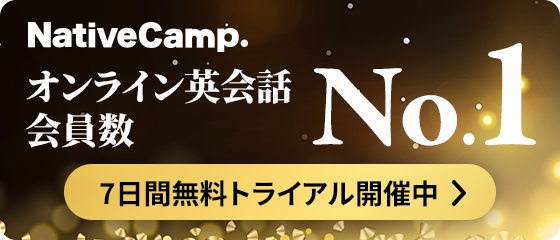Belさん
2024/03/07 10:00
お年玉ください を英語で教えて!
家で、親戚に「お年玉ください」と言いたいです。
回答
・Give me a New Year's gift.
・Can I have a New Year's red envelope?
・How about a New Year's treat?
Give me a New Year's gift.
お年玉ください。
Give me a New Year's gift.は、直訳すると「お年玉をください」という意味になります。日本では、お年玉は通常、子供が大人や親戚からもらうもので、現金が封筒に入れられて渡されます。しかし、この表現を英語で使うと、やや直接的で失礼に感じられることがあります。友人や同僚に対して冗談めかして使うことはあるかもしれませんが、正式な場面では避けるべきです。代わりに、「Do you have any New Year’s traditions involving gifts?」などと聞くとより丁寧です。
Can I have a New Year's red envelope?
お年玉ください。
How about a New Year's treat?
お年玉ください。
Sure! Can I have a New Year's red envelope? is specific to cultures that celebrate Lunar New Year, particularly in East Asia, where red envelopes containing money are given for good luck. It's a direct request for this traditional gift. On the other hand, How about a New Year's treat? is more general and could be used in various cultural contexts. It suggests any kind of New Year's gift or celebration, like sweets, drinks, or small presents. The first phrase is culturally specific and formal, while the second is more casual and adaptable to different traditions.
回答
・Could you give me a New Year’s gift?
「〜をください」は、”Could you give me 〜?”と表現します。
“give me 〜”の “me”の後に対象のものを入れることで、「〜をください」となります。
「お年玉」は、そのまま”Otoshidama”でも良いですし、”New Year’s gift”としても良いでしょう。
ただ、外国人に対して説明する際は、”Otoshidama”よりも”New Year’s gift”とする方が良いです。外国人の中でも「お年玉」文化を知らない方も多いですからね。
ちなみに”Could you” を外して、”Give me Otoshidama”とすると、
「お年玉くれ!」とかなり直接的な表現になってしまい、失礼になってしまうので気をつけましょう。
例文)
Could you give me a New Year’s gift?
「お年玉ください」




